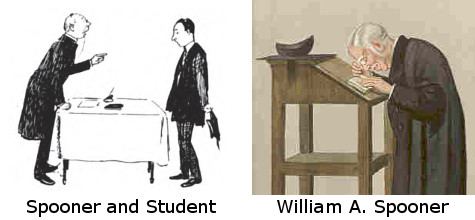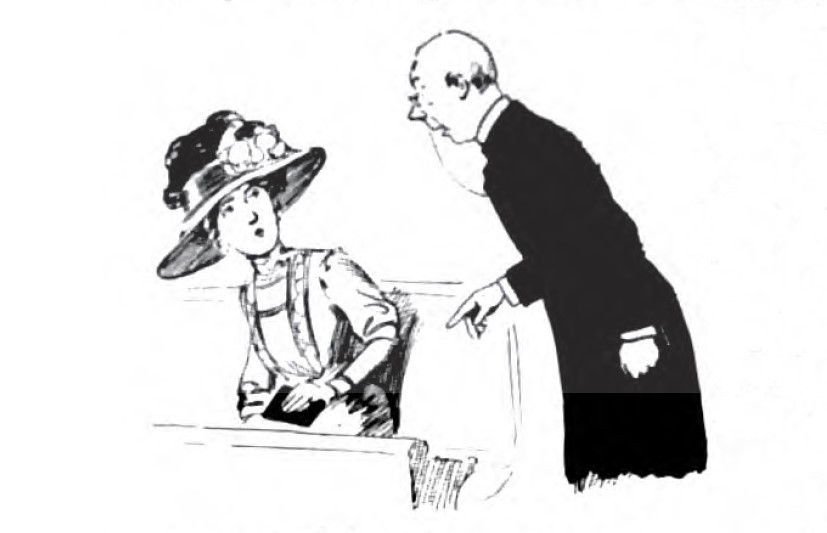A. J. Liebling? H. L. Mencken? Norman Woelfel? Arthur Calwell?
Question for Quote Investigator: There exists a famously sardonic remark about the media and control. Here are four versions:
1) Freedom of the press belongs to those who own one.
2) Freedom of the press is confined to the people who own one.
3) Freedom of the press is limited to those who own one.
4) Freedom of the press is guaranteed only to those who own one.
The underpinnings of this adage may be shifting because of the ubiquity of the internet, but I still think it is compelling. These words have been attributed to commentator H. L. Mencken and journalist A. J. Liebling. Would you please examine its provenance?
Reply from Quote Investigator: An exact match to the fourth expression was printed in the “The New Yorker” magazine in 1960. A. J. Liebling wrote an essay titled “The Wayward Press: Do You Belong in Journalism?” that included the following passage. Boldface has been added to excerpts:1
The best thing Congress could do to keep more newspapers going would be to raise the capital-gains tax to the level of the income tax. (Freedom of the press is guaranteed only to those who own one.) There are irresistible reasons for a businessman either to buy or to sell, and anybody who owns the price of a newspaper nowadays must be a businessman.
The motivation of Liebling’s stylistic choice to place the statement between parentheses was not completely clear. It was possible that he was repeating an existing adage. Nevertheless, the top reference works today2 credit Liebling based on this 1960 citation.3
Interestingly, strong thematic matches appeared in the 1940s as shown below, but the phrasing was not as elegant and compact. Also, these earlier comments did not display a humorous edge.
Here are additional selected citations in chronological order.
Continue reading “Quote Origin: Freedom of the Press Is Guaranteed Only to Those Who Own One”

